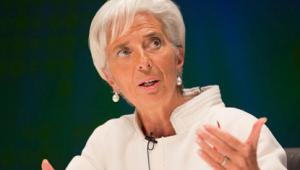Publishing a report, Promoting Green Urban Development in African Cities: Urban Environmental Profile of Kampala, Uganda, the World Bank called on Kampala’s city authority to do more to address these trends as environmental assets are critical to sustainable urban development.
As with other African cities, a large number Kampala’s population (40%) lives in unplanned, densely populated informal settlements that suffer inadequate provision of basic services, such water, drainage, sewage treatment, solid waste collection and transport.
Additionally, the physical and human impacts on these settlements, as well as the expansion of poorly regulated economic activity, have led to the severe degradation of the city’s environmental asset, the bank said.
The bank believes that cities can provide a range of “sustainability multipliers” that can be tapped to address social and environmental burdens.
These include lower costs per capita for providing services in densely populated areas, greater options for recycling, and better opportunities for the use of public transport, it said.
“The key is for Kampala to capitalise on these urban opportunities through strategic thinking and purposeful guidance, identifying and prioritising critical natural assets so as to balance their preservation and development,” the bank added.
To achieve this, the World Bank urged city leaders to take a number of proactive steps to help to promote sustainable urban development and reduce negative environmental impacts.
It recommended expanding information about the impact of urban development on the environment, particularly at the metropolitan scale, identifying specific opportunities for green urban development interventions, as well as taking action to regulate, enforce and protect assets in line with what is already in current policy.
Roland White, global lead for city management, governance and financing at the World Bank, said: “The KCCA has begun to make decisions and take actions needed to address some of the urban environmental challenges.
“This report will be a useful resource for policymakers involved in environmental resource management and urban development as the City of Kampala continues to develop as an important urban centre of political, social, and economic activity.”








